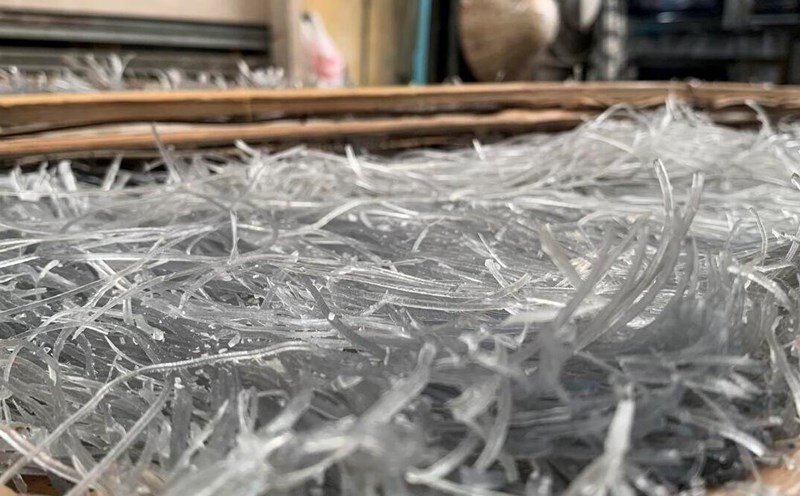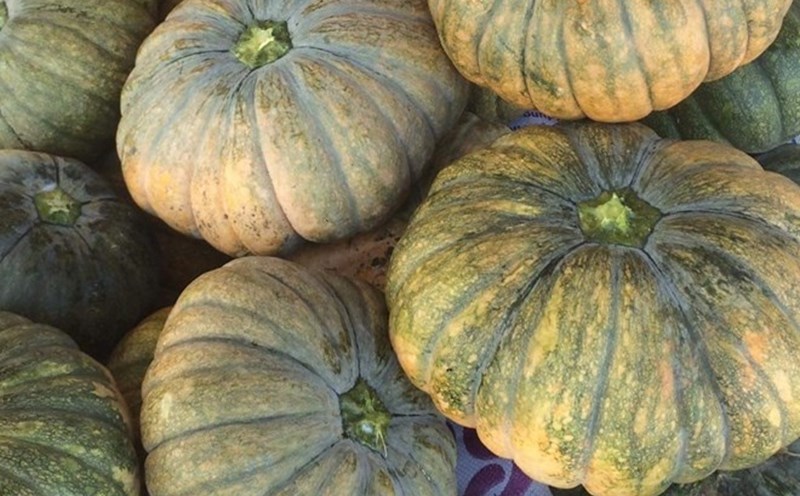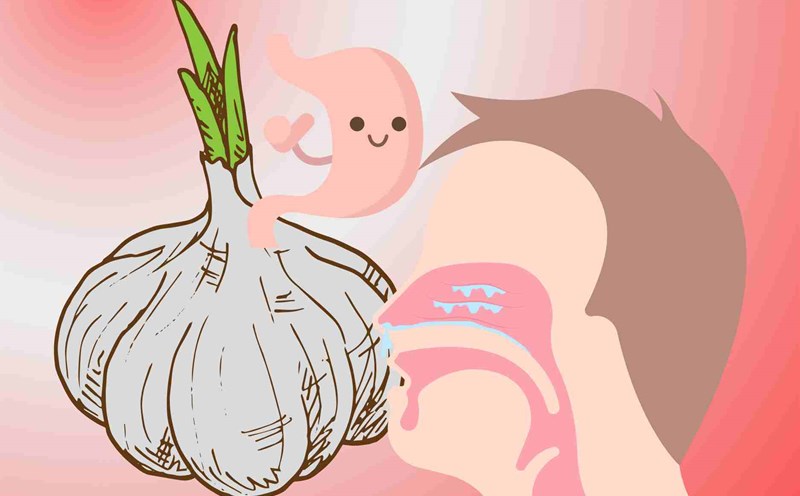Persimmons are rich in vitamins C, A, E, polyphenols and flavonoids, compounds with powerful antioxidant properties. These substances help protect liver cells from oxidative stress, one of the leading causes of fatty liver and cirrhosis.
According to research published in the Journal of Medicinal Food (2021), pink extract has the ability to reduce lipid accumulation and improve liver enzymes in people at risk of non-alcoholic fatty liver disease (NAFLD).
Fruits rich in polyphenols such as persimmons have a positive effect in improving liver health by reducing inflammation and supporting lipid metabolism balance.
Although rich in nutrients, if you eat persimmons incorrectly, users may be at risk of digestion and not take full advantage of the benefits for the liver. Experts make some recommendations:
Don't eat roses when hungry
Persimmons contain a lot of tannin and pectin, when combined with stomach acid on an empty stomach, they can easily form solid solids, causing indigestion, even forming food stones. This is an indirect factor that puts pressure on the liver. Therefore, you should eat persimmons about 3060 minutes after a main meal to absorb nutrients better.
Eat just enough, don't abuse
A medium-sized rose contains about 70-80 kcal and 15-20g of natural sugar. Eating 1-2 fruits a day is reasonable, both providing antioxidants and avoiding consuming too much sugar that puts a burden on the liver, especially in people at risk of diabetes.
Combined with foods rich in protein and healthy fats
When eating persimmons with unsweetened yogurt, almonds or oatmeal, the body will absorb fat-soluble vitamins (A, E) better, while reducing the rate of increase in blood sugar, helping the liver function stably.
Prioritize soft ripe roses
Although crispy persimmons are popular with many people, they contain more tannins, easily causing constipation and indigestion. For people with liver disease, choosing soft ripe persimmons will be more beneficial for the digestive system and liver.
People with stomach disease, diabetes or kidney failure need to be careful when eating persimmons. Sweet pink contains a relatively high amount of sugar, which can increase blood sugar after eating.
Do not eat persimmons with sweet potatoes, protein-rich seafood or iron-rich foods at one meal, because tannin in persimmons can reduce the ability to absorb minerals and cause bloating.











